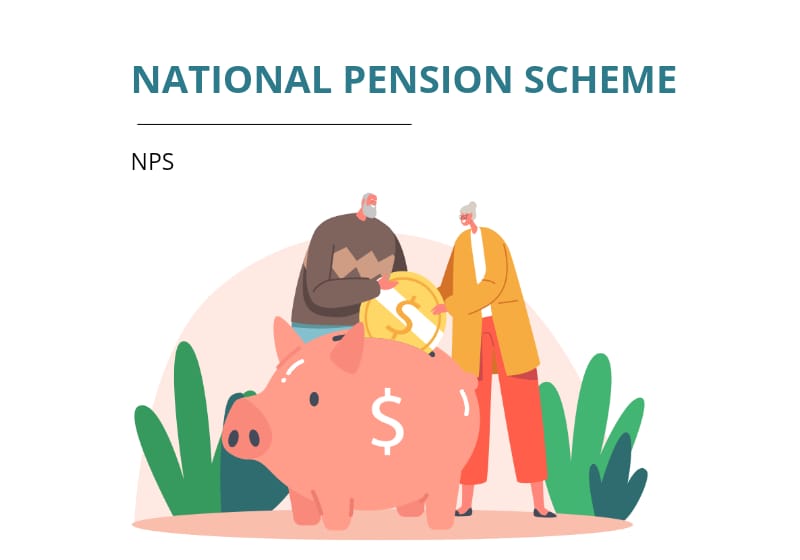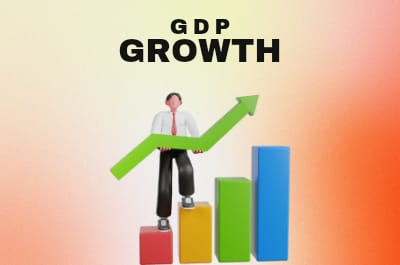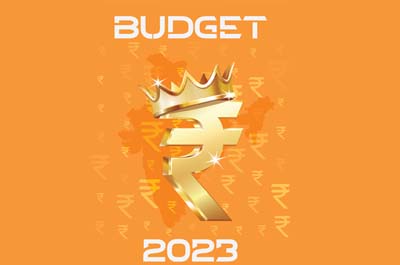There have been signs of an economic slowdown in major economies all over the world, and historically speaking, similar figures on market stress and inflation have accurately foretold the occurrence of a global recession.
It's possible that hearing the news about the weakening economy, increasing costs, and instability all across the globe will be upsetting. While the issue has become a pressing concern in many economies throughout the world, the situation is not nearly as dire in India as it is in other countries. The following are some of my thoughts about how the next Global Financial Crisis will impact the economy of India and the reasons why the country is equipped to face the aftermath from it.
Strong Actual Growth, No Signs of Recession
The Indian Economic Survey 2023 forecasts a real growth rate of between 6.6% and 6.8% in FY24, notwithstanding the instability that is occurring in western countries. Despite the fact that this is on the lower side compared to FY23 (about 7%), and FY22 (9.1%), the influence of the two shocks (the Russian-Ukrainian conflict and initiatives to curb inflation) can not be underestimated. Even with a growth rate of 6%, India would still be among the big nations with the fastest expanding GDP.
More emphasis on domestic demand and less on exports
India is less susceptible to the effects of economic slowdowns in industrialised countries than other nations are since the proportion of GDP related to exports is relatively low. The geographical and product/service diversity of India's exports serves to buffer the impact of localised economic shocks on the economy of the nation, which in turn allows India to remain competitive globally.
The size of India's population as well as its other demographic characteristics are important aspects that have contributed to the country's growth. India, in contrast to the majority of prosperous countries, has a population that is relatively young, with 26% of its inhabitants being under the age of 14 and 67% of its population being between the ages of 15 and 64. This basic advantage serves as the foundation for India's ever-present and growing need. Because of this, we may be certain that the Indian consumer market will maintain its robust state for the foreseeable future.
Banking in India - Sturdy and Confident
Because of the difficult lessons that having a large amount of non-performing assets and a low capital base forced upon them in the past, Indian banks are now in a better position to weather the storm now that they have internalised this knowledge. As a result of strict oversight by the government, high-quality assets, and sufficient capital, Indian banks have shown to be far more resilient than their American counterparts during times of economic uncertainty.
Since the government of India has the fewest international claims as a counterparty and as a guarantor, the State Bank of India's economic research study found that India's exposure to global uncertainty is limited. This is because the government has the fewest foreign claims.
Positioning Advantageous for Imports
The negative effects of the global recession have led to a decline in the prices of a variety of commodities, including crude oil, metal, and edible oil, amongst others. Because India is a significant importer of these items, the country's economy will benefit tremendously from this piece of news. The reduction in prices has assisted in the reduction of the trade deficit by balancing the decline in exports.
India is especially susceptible to swings in the price of oil due to the fact that it imports about 80 percent of the oil it consumes. As a direct reaction to the sanctions imposed by the EU and the US, India and Russia came to a deal in 2022 that said India would acquire crude oil from Russia at a significantly discounted price.
Supporting the Neighbours in tough times
An additional year was added to India's $1 billion credit line for Sri Lanka. India has decided to extend the $1 billion credit line for Sri Lanka that is in the midst of an economic crisis. India decided to extend the credit line by a year, allowing the neighbour the much-needed back-up funds to pay for essential imports.
The credit line is part of the $4 billion emergency assistance that was extended by India during Sri Lanka’s peak crisis time last year, and was scheduled to end in March. The funds were mostly used for medicines and food.
The credit line has been extended until March of 2024, according to Sri Lanka's Deputy Treasury Secretary Priyantha Rathnayake. The remaining balance of the credit line, the secretary stated, is around $350 million. The official said that the need has decreased from the previous year due to the greater availability of foreign currency in the market.
Sri Lanka had its greatest financial crisis since gaining independence from Britain in 1948 when reserves hit historic lows in April of that year. Defaulting on its international debt, the country has trouble importing even the most basic necessities like food and medicine.
The Bottom Line
As a result of the interrelated nature of economies in today's world, the Indian economy will suffer the repercussions of the global recession, but to a much lesser extent than the economies of Western nations. In spite of the fact that these challenges exist, the fact that India is well-prepared to weather the effects of the global crisis is reassuring to know.

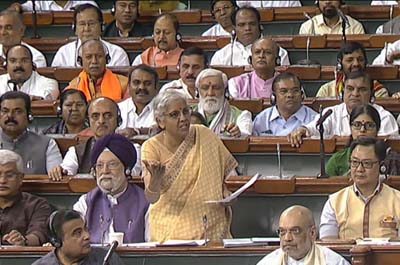

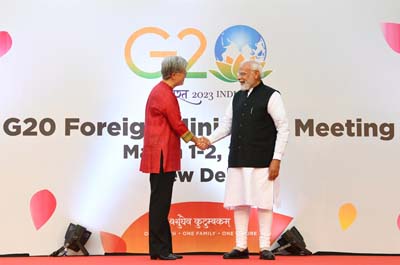

_1741851351227282101.png)






